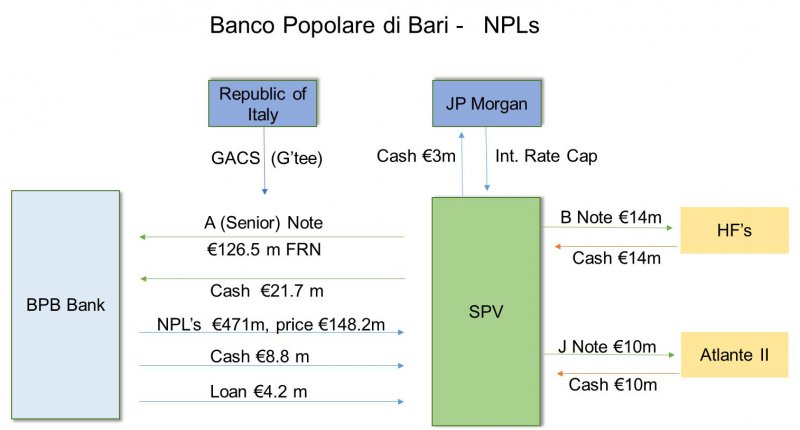Episode 91: GoldMoney’s Andy Duncan speaks to Mike “Mish” Shedlock about the entire global financial situation, but particularly focusing upon the debate between those who believe in deflation of the money and credit supply versus those who believe in inflation. As a believer in the former scenario, Mish argues that many Austrian economists have ignored the role of credit in economies, and that “hyperinflationists” are too US-centric in their analysis. He argues that in the short-term, he sees 2008-style “credit events” as more likely to occur in Japan, China, and Europe. Shedlock also mentions the deflationary impact we can expect from the increasing use of robots in manufacturing, and how the currency wars are affecting the inflation/deflation dynamic.
They discuss the Federal Reserve’s potential treatment of excess reserves, the use of helicopters by Ben Bernanke to stem deflation via bundles of money produced via the Fed’s printing press, and the similarities of the situation between America’s current position and that of Japan 20 years ago. Mish outlines what he would do if he was put in charge at the Fed.
Following on from this, they talk about the recent agreement of the Bank of Japan to follow prime minister Shinzo Abe’s instructions to follow a 2% price inflation target, as well as discussing the financial situation in the eurozone and the UK.
This podcast was recorded on 22 January 2013 and previously published at GoldMoney.com.




No “hyper” inflation does not mean America will be “sheltered”.
Europe is indeed a mess (although the latest publicity move is to have banks pay back certain loans to the ECB).
Japan – will insane deeds, follow insane words.
Automation – a good thing, not a bad thing. But actually the American “balance of trade” is not as this gentleman implies (there is a massive American trade deficit).
China – where even credit (not “just” “narrow money”) is expanding.
Perhaps the most important point.
I don’t agree with Mish. Credit is not money, credit is a claim on money/cash. But in this fractional reserve banking scam, when the credit is created new hard cash is created at the same time and deposited in the borrowers account. As long as the credit is not defaulted upon , the interest payments create a demand for cash. However, the credit boom spawned many (or most)investments that were malinvestments and non-productive. So , at some point a large chunk of the debts are going to be defaulted upon, but the supply of cash stays out there and demand for the cash drops. The money loses value. Inflation. If enough debt is defaulted upon then you get a precipitous drop in the value of money resulting in currency repudiation, or hyperinflation.
Given the size of the debt we either have massive defaults or they monetize the whole thing. Either way , hyperinflation. IMO
Hey Gary,
This is where you sail off the cliff:
“But in this fractional reserve banking scam, when the credit is created new hard cash is created at the same time and deposited in the borrowers account.”
This is not cash. It is still mere credit. Cash, money all that is strictly defined as the medium of exchange stuff, normally gold and silver. All else is credit. Bankers themselves are clear on it, they lend credit, not money.
Mish has it right, because he has his definitions right.
John – if a banker does not have the cash to honour his (or her) credit (cash on demand – cash “on the nail”) then they are really bankrupt.
Time to accept the banks are bankrupt – and see them close their doors. Accept that whenever it looks like that is going to happen – the government rushes in with money, to back up the bank credit.
So where did that big distinction between bank credit and money go?
If the big banks were allowed to go bankrupt (really bankrupt – close their doors and not reopen them) it would be real – but they are not allowed to go bankrupt.
I wrote a Hyperinflation FAQ that started out as a counter to Mish’s arguments.
http://howfiatdies.blogspot.com/2012/10/faq-for-hyperinflation-skeptics.html